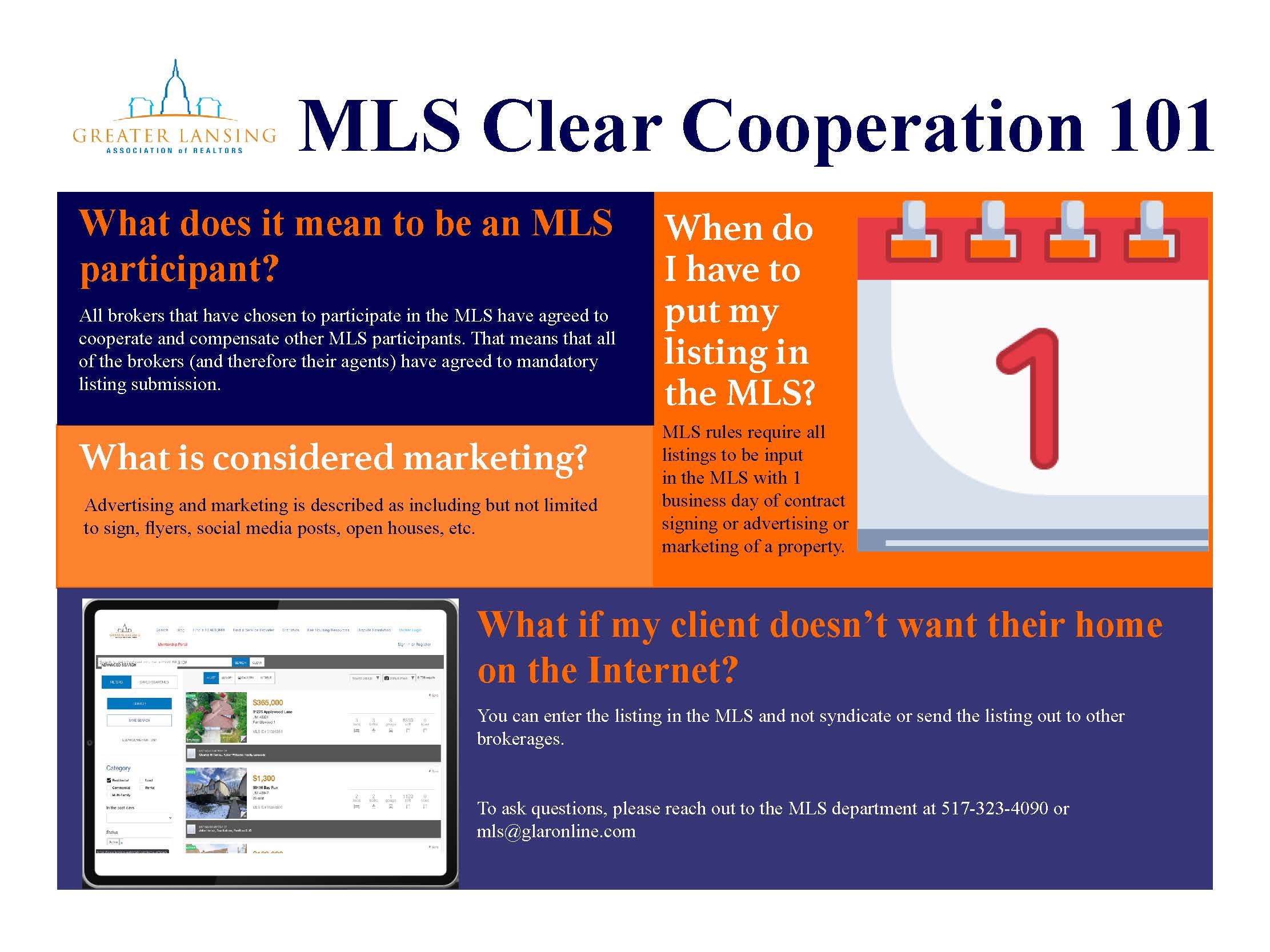By Jared Roberts, Fraser Trebilcock Law Firm
1. Are you truly doing what’s best for the seller? Agents that suggest “off market” listings are often not acting in their client’s best interest, primarily because the property does not receive the needed exposure to the public and the full market.
2. The desire for the agent to handle both sides of the transaction is something perceived to be in the agent’s interest, but is rarely something that is in the seller’s interest.
3. Off market listings, and the related reliance on insider and personal contacts attendant thereto, undermine that transparency. Steering listings away from the public (many of whom seek a home to live in and not an investment to flip or re-rent) and into an investor class – as often occurs with these off market listings – has reportedly been shown to disproportionately exclude opportunities to buyers of color. If the market is not perceived as being fair and transparent, it discourages people from entering it. That is not good for anyone in the industry and is not good for the home-buying public. It is likely not good for our overall economy.
4. There are arguments that the failure to expose the property to the full market is a violation of the Occupational Code. It may show a lack of proper client care, and a lack of loyalty through self-interest (interest in currying favor with buyer-investors at the expense of seller; interest in securing commission from both sides of a transaction).
5. When REALTOR® members join GLAR and the Greater Lansing MLS, you have entered into a voluntary contractual agreement. The Association provides services to you in exchange for fees. Association membership and MLS participation likewise bind you to the rules of the Association and the MLS. Failure to market listings on the MLS and allow to full dissemination may violate those rules.

